Leanna had everything to live for and, at 55 years old, felt that her life was just beginning. She’d successfully raised four kids as a single mom, earned a psychology degree at night while working fulltime, and was in a loving relationship with a wonderful man. In a few week’s time she planned to retire from her government job and launch a new career as a psychologist—she’d never been happier.
Then tragedy struck: During a routine doctor’s appointment she was diagnosed with terminal cancer. She was distraught and didn’t know where to turn. A relative of hers gave her my number and she called requesting an emergency appointment.
Leanna walked into my office in tears, shaking her head in bewilderment.
“I don’t understand what went wrong—I’ve never smoked, I eat healthy food, exercise regularly and there’s no history of cancer in my family,” she said. “Why did this happen? What can I do?”
I looked at her handprints and was struck by the long and beautifully-rounded life line in her dominant hand—the hand we write with that reflects our conscious self, present circumstances and outlook on life. This perfectly shaped line indicated that Leanna was anticipating, and looking forward to a long, full and happy life.
But the life line in her non-dominant hand—reflecting our subconscious self, our past, our buried desires, emotions and regrets—was short, fragile and tasseled at the termination of the line, denoting a major loss of motivation and a lack of vision for the future.
In Vedic Palmistry the study of both hands gives us a complete picture of the state of our subconscious and conscious mind—the yin and yang, the female and male, or the “feeling” and “reasoning” aspects of our being. The contrast between Leanna’s two life lines made me suspect someone or something had deeply impacted her in the past. This had created deep-rooted, negative feelings that she had not dealt with, had subconsciously attached herself to, and had been unwittingly nourishing for many years.
When I asked Leanna about this, she explained that 30 years earlier her then-husband—whom she’d loved and trusted—left her for one of her best friends. The betrayal devastated Leanna; it made her bitter and for a period of time even zapped her will to live. But for the sake of her children she eventually chose to ignore her pain, anger and hurt feelings and get on with her life.
I saw this reflected in the short life line of Leanna’s non-dominant hand—instead of dealing with the pain and resentment of that betrayal three decades ago, she had pushed her negative feelings “into storage” in her subconscious mind, where they took root.
The non-dominant hand is like the hidden root system of a plant, while the dominant hand can be compared to the visible stem, leaves, and flowers. Our subconscious roots reflect our deepest beliefs and feelings—and the subconscious eventually pushes those rooted-emotions and thoughts to the surface of our existence. If we have planted the bitter seeds of a thorn bush in our past, we cannot expect to enjoy the taste of a delicious apple in our present or future—even if we desperately want that apple; we reap what we sow.
Metaphysicist Neville Goddard writes about this in his book, Feeling Is the Secret: “The subconscious receives ideas through our feelings and gives them form. If you dwell on difficulties, barriers or delay, the subconscious by its very non-selective nature, accepts the feeling of difficulties and obstacles as you request and proceeds to produce them in your outer world.”
It was clear to me that Leanna had been so powerfully impacted by her husband’s betrayal that she had subconsciously lost her inspiration to live a long and happy life—despite the fact that she consciously desired to do just that.
I explained this to Leanna, emphasizing the perils of subconsciously harboring negative feelings and emotions. “Life is precious and we can’t afford to let anything rob us of our motivation,” I said. “As the great sage Sri Yukteswar wrote, `wrath springs from thwarted desire’. It is extremely difficult for any of us to move forward if our hope and belief are entangled in the despair of our past. If we hold onto grief, hurt, resentment or disappointment we only end up hurting ourselves. We must let go completely of past wounds and focus on creating joy within ourselves and in the lives of those around us.”
I used the example of Nelson Mandela who, after serving 27 years in jail, pursued a path of forgiveness to move beyond the anger and atrocities he and so many others experienced during apartheid. Mandela said, “I knew if I didn’t leave my bitterness and hatred behind I’d still be in prison.” He exemplified this by inviting his former prison guard to his inauguration as president.
Is there hope for Leanna as she fights a fatal disease? A resounding yes! This is a pivotal and crucial time in her life during which she can reprogram her mind and create new grooves in her brain that can change her present reality. Neuroscientists were once convinced that our thought patterns were fixed and immutable. However, technological advancements in magnetic-brain imaging have proven that we are capable of re-wiring our brain throughout our lifetime—from the moment we are born to the moment we draw our final breath. But, as Neville Goddard tells us, to successfully create a new, positive reality, our thoughts must be soundly supported by deep, positive feelings. One of the surest ways to achieve this is through meditation, positive affirmations and focused, peaceful self-reflection—all of which Leanna is faithfully practicing.
As Leanna reinforces her subconscious with positive thoughts and feelings, she will see an extension of the life line in her non-dominant hand, which will match up with her resolve to live a happy life that is expressed in the beautiful life line of her dominant hand. As she creates new, positive grooves in the thinking patterns of her brain, the negative grooves in her non-dominant hand will disappear.
In time, and with perspective, Leanna will even be grateful for her past difficulties and realize that the painful betrayal she experienced presented her with the opportunity to create wonderful changes in her life—a realization already reflected in the wisdom signs on her mount of Jupiter—in her Ring of Solomon and in her Star and Square. In the end, the suffering she endured helped her develop a huge and generous heart, enabled her to attract an even greater love into her life and gave her a new passion for self-awareness. Despite her battle with cancer, Leanna is filled with gratitude; she wants her story to be shared so that others can learn from her experience and she is looking toward the future with hope.
You want to learn more about the power of your subconscious mind: Give us a call at 866-428-3799, or click here to book a consultation. we’re here to help.


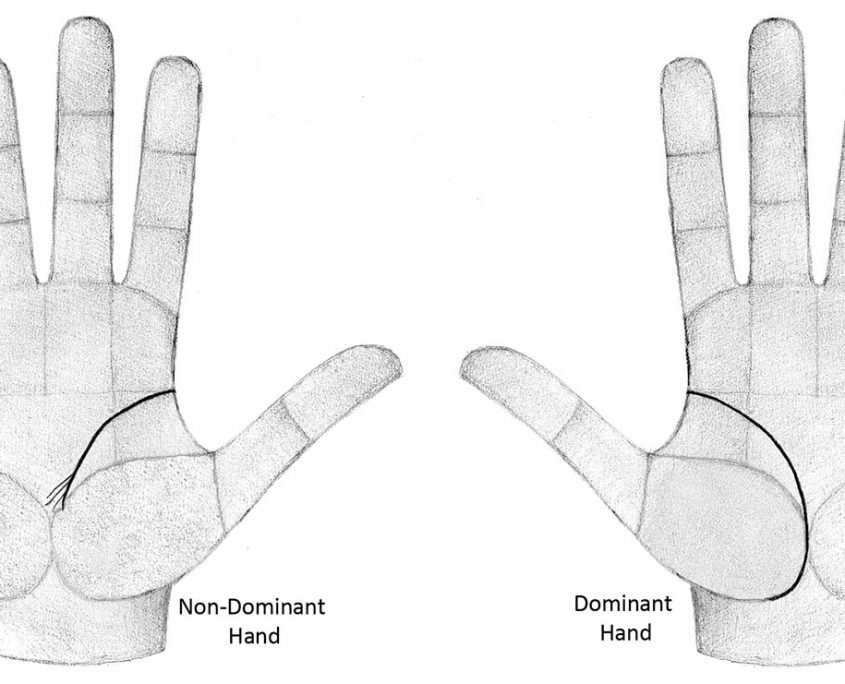
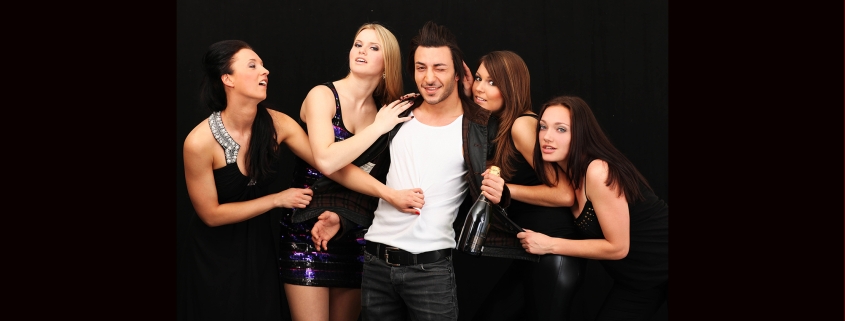
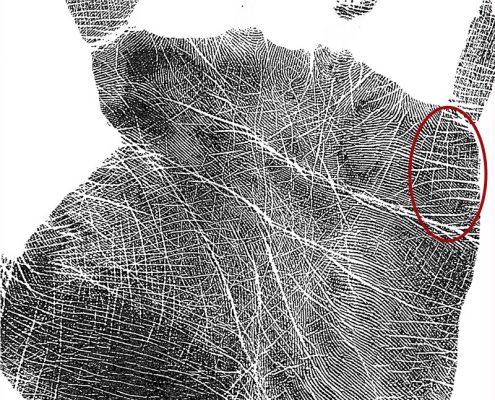
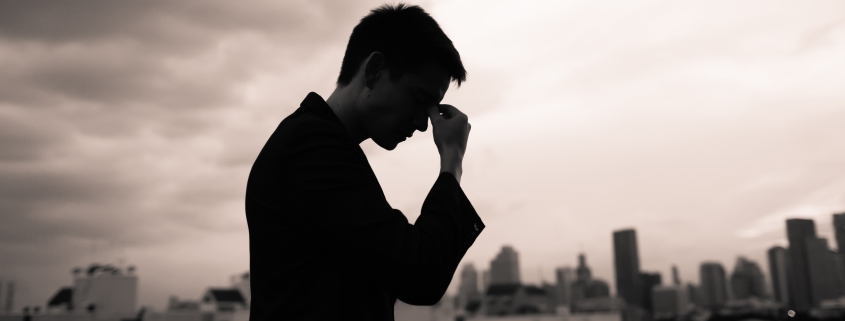
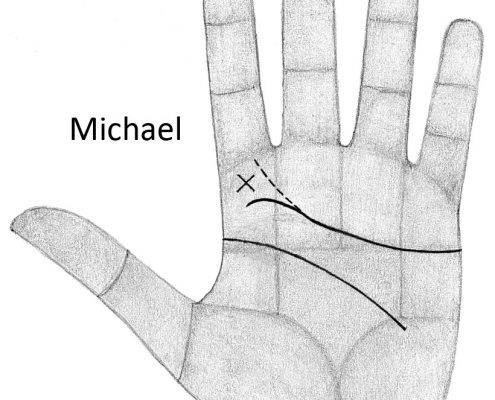
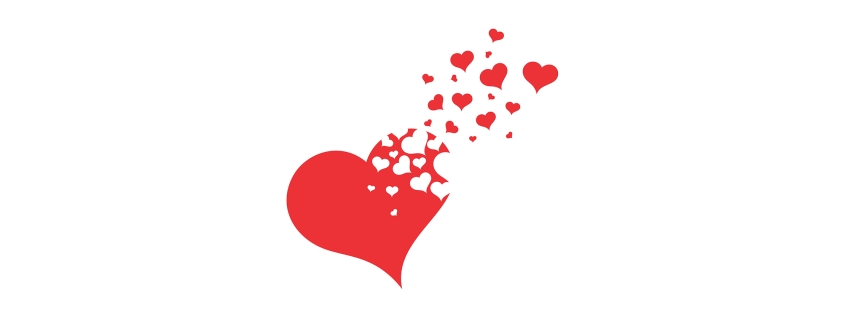
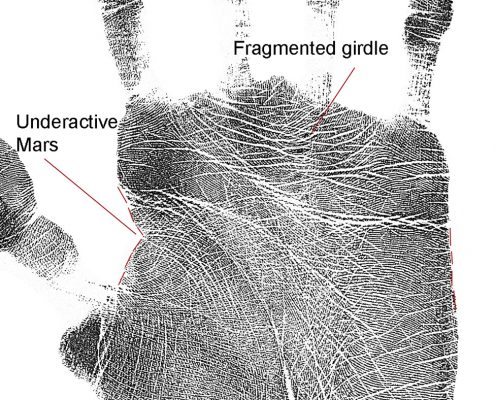
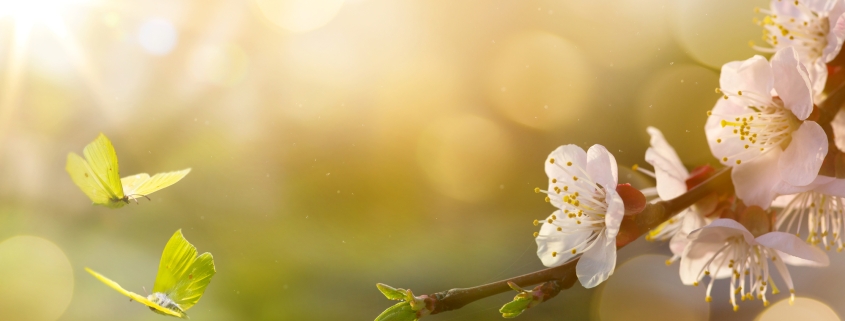
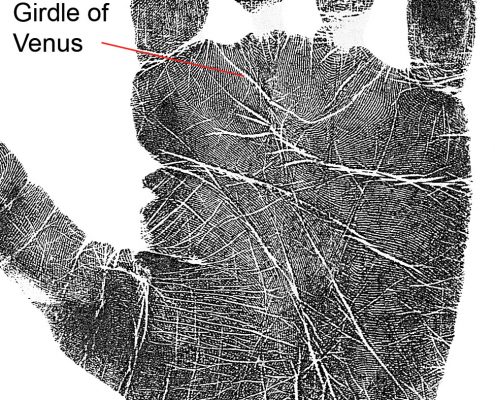
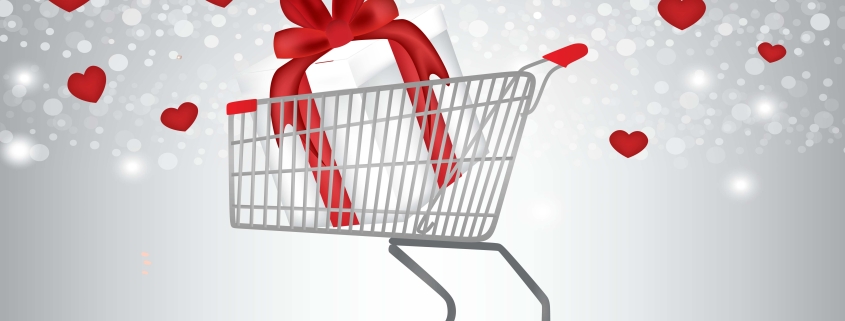
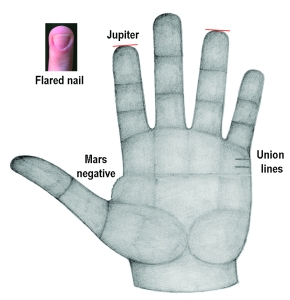 “Candice, did your husband complain about your prickly nature. My sense is that he supported you financially and that he was sickly . . . was your love bound up in feelings of dependency, duty and resentment?”
“Candice, did your husband complain about your prickly nature. My sense is that he supported you financially and that he was sickly . . . was your love bound up in feelings of dependency, duty and resentment?”